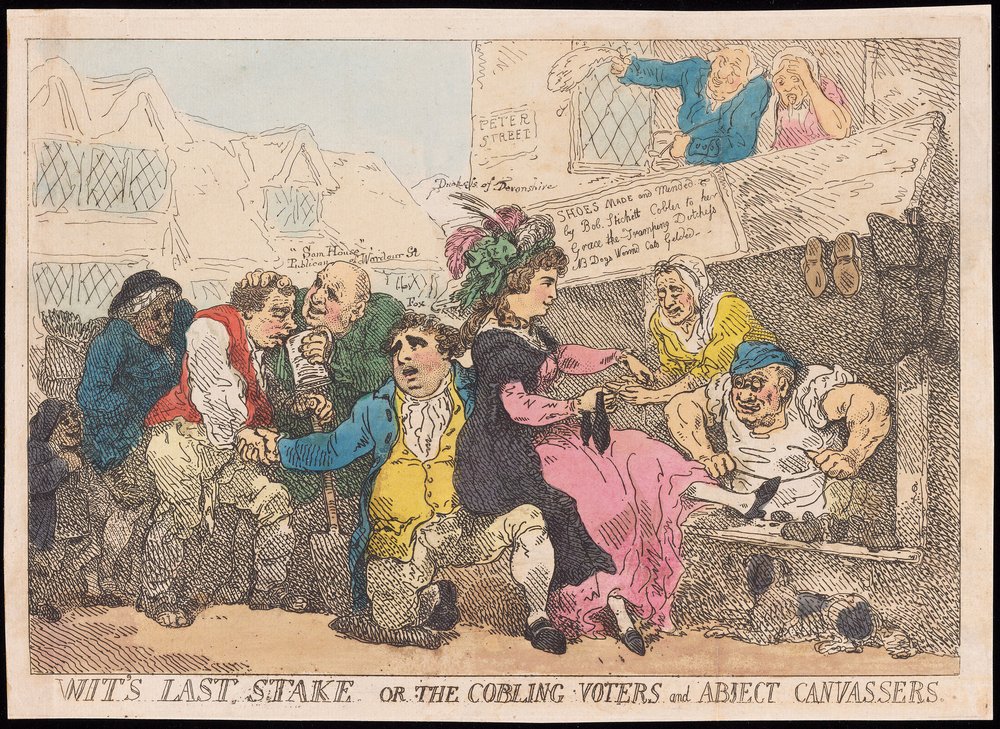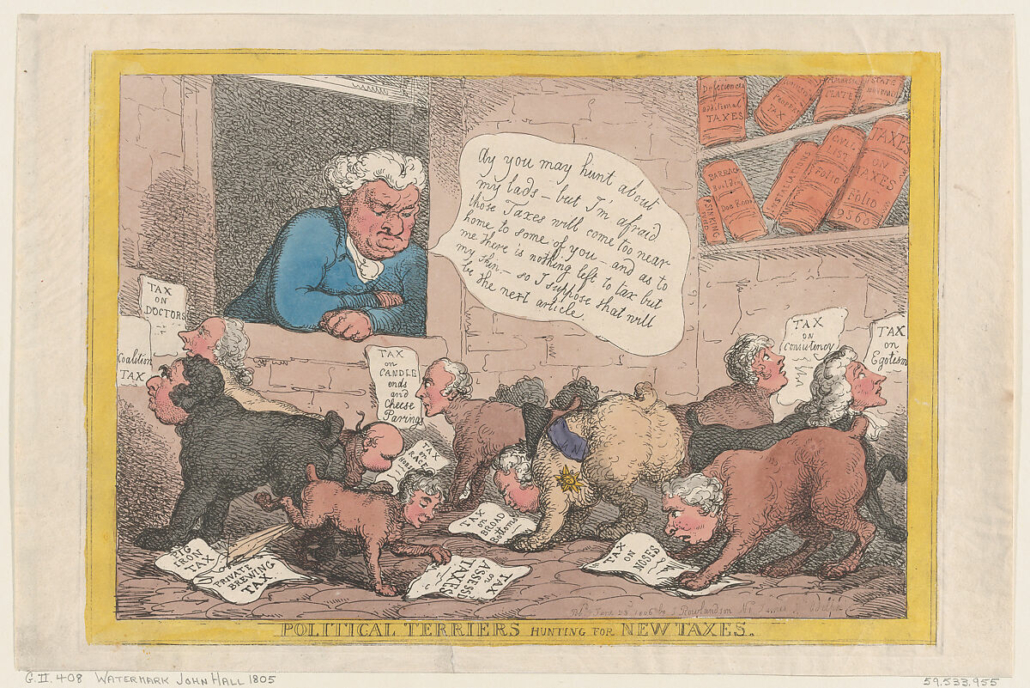
The sociologist Ashis Nandy, one of India’s most respected public intellectuals, recently lamented in an interview that India’s democracy has devolved into a ‘psephocracy’ – as he defined it, a system ‘totally dominated by electoral victories and defeats’. ‘The moment you enter office, you begin to think of the next election’ (see India’s Broken Promise by Basharat Peer).
I’ve heard similar criticisms of Western democracies, so this phenomenon is worth some reflection. The political ‘caste’ is widely disparaged as utterly self-absorbed – caught up in political games and corruption – and distant from the concerns and aspirations of the common people. Populist reactions to this state of affairs abound, but they soon disappoint: once the ‘new man’ reaches power, he merely elbows his way to the best place at the trough. What is happening?

The rise of procedural democracy
I’ve found a good pointer for the emergence of this phenomenon in one of Harvard professor Michael J. Sandel’s books titled Public Philosophy: Essays on Morality in Politics. He argues that modern democracies have moved toward ‘procedural’ democracies, and this shift has consequences.
Procedural democracy is a political philosophy which holds that the state should provide a neutral framework of rights within which people can choose their own values and ends. Consequently, governments should not affirm, through their policies and laws, any particular conception of the good life. ‘Rights-based liberalism begins with the claim that we are separate, individual persons, each with our own aims, interests and conception of the good; it seeks a framework of rights that will enable us to realise our capacity as free moral agents, consistent with similar liberty for other’. In other words, we are best on our own. Putting John Donne on his head: ‘Each man is (best) an island.’
In this view, individual rights are seen as intrinsic to each person and are what define their ‘liberty’. Liberty is then understood not as part of democracy, but as a safeguard against it – a way to protect individuals from whatever the majority might impose or deny. In this context, ‘justice’ loses its ethical dimension and becomes solely about protecting rights. By treating ‘right’ as a moral concept that exists before and outside society, it takes on a kind of absolute or higher status – either transcendental or built into the fabric of existence.
This is, of course, a very summary view of procedural democracy. Its intellectual roots reach back to Kant. In modern times, John Rawls formulated a version based on ‘reasonable empiricism’. It became the prevalent political philosophy by the mid-20th century. In the chapter ‘Moral Argument and Liberal Toleration: Abortion and Homosexuality’, Sandel neatly highlights how the concept of ‘right to privacy’ evolved: from the first US Supreme Court decision banning intrusion into the bedroom to verify whether a couple used condoms, to later decisions affirming people’s inherent right to express their sexuality or for women to decide autonomously about their bodies.
This is also a relatively new philosophy, although earlier thinkers have been retroactively identified as its precursors – especially in the field of human rights. Political theories often act as enablers: they can exist quietly in the background of collective thought for centuries, only becoming ‘mainstream’ when political circumstances allow. The rise of the procedural republic was likely a response – both intellectual and political – to the way secular totalitarian regimes tried to control every aspect of individual and social life. Thinkers like Plato (The Republic) and Rousseau (The Social Contract) are often cited as early influences, though they would probably be surprised at how later generations adapted their ideas.
This turn also emerged from the assertion of rights by discriminated minorities who had long been oppressed by majorities (the historical experiences of the Holocaust and Jim Crow laws are probably important here). Furthermore, this philosophy has taken on – by analogy – theological elements and circular arguments as it became more widely disseminated. A good example is the concept of freedom: in much political discourse, it has been severed from the issue of ‘freedom to do what?’ At this point, the discussion often devolves into a religiously tinged assertion of principle.
Technocracy and the hollowing of politics
An unintended consequence of this new public philosophy is that it strips the political process of much of its substance. If rights are seen as transcendent – existing before the state – and if individual rights always take precedence, then the state’s only (and secondary) duty is to establish or adjust the ‘neutral framework’ once and for all. (This brings to mind Aristotle’s objection to Plato’s theory of ‘idea’: is there such a thing as the idea of a wheel before the wheel is invented? Is there a right to internet freedom before the internet exists? Or are these just new expressions of broader rights – part of an ever-expanding cascade of derivative rights?) The state’s role, in this view, should not be substantive but strictly procedural. Based on this logic, having rights recognised and enforced by courts might be a faster and more effective way to shape the legal framework than relying on the political process, which is structured around majority rule and therefore likely to impose the will of the majority on the individual. Courts are more shielded from pressure to trade rights away in the name of the common good.

Within this framework, the state’s main function becomes the promotion of prosperity and fairness in the distribution of benefits. But even here, politics has weakened: market ideology claims that property rights and markets are the best way to ensure both prosperity and fairness. Never mind that property rights are historically contingent, or that markets cannot correct unfair starting points – and are far from perfect or immune to political manipulation.
On these grounds, Sandel concludes: ‘Power shifts away from democratic institutions and toward institutions designed to be insulated from democratic pressures, and hence better equipped to dispense and defend individual rights (notably the judiciary and bureaucracy)’. Once public projects are assessed based on rational criteria – e.g. cost–benefit ratios – their prioritisation becomes a bureaucratic matter. The state is expected to function as a technocracy. It is no surprise, then, that politicians like Berlusconi have embraced the language of ‘liberty’ and presented themselves as ‘politician-managers’ – temporary dictators without ideology.
Given this philosophy – what is left for politics to do? In a radical view, it may wither away entirely, to prevent democratic processes from infringing on individual rights. We are not yet prepared to abandon democracy altogether. As Popper argued, ‘democracy is about throwing out the rascals’. So, the rascals in power focus on ensuring their re-election. What else is there for them to do?
The post was first published on DeepDip.
Explore more of Aldo Matteucci’s insights on the Ask Aldo chatbot.
Click to show page navigation!




